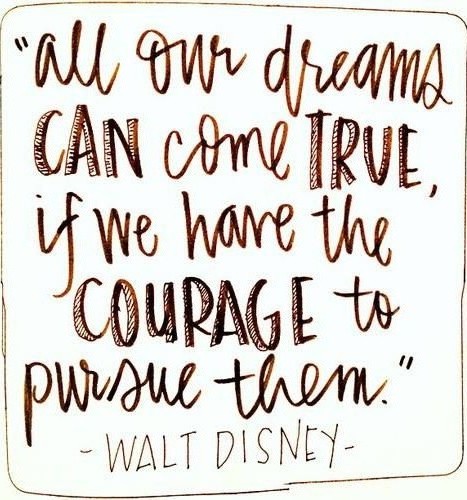Healthy, Wealthy and Wise! Alzheimer’s Disease And My Care Journey!
Who knew that an overnight flight to Germany to visit my son and his wife, would provide inspiration for September’s “Healthy, Wealthy and Wise” topic and help me revisit a time of great heartache, as well as tremendous growth in my life!
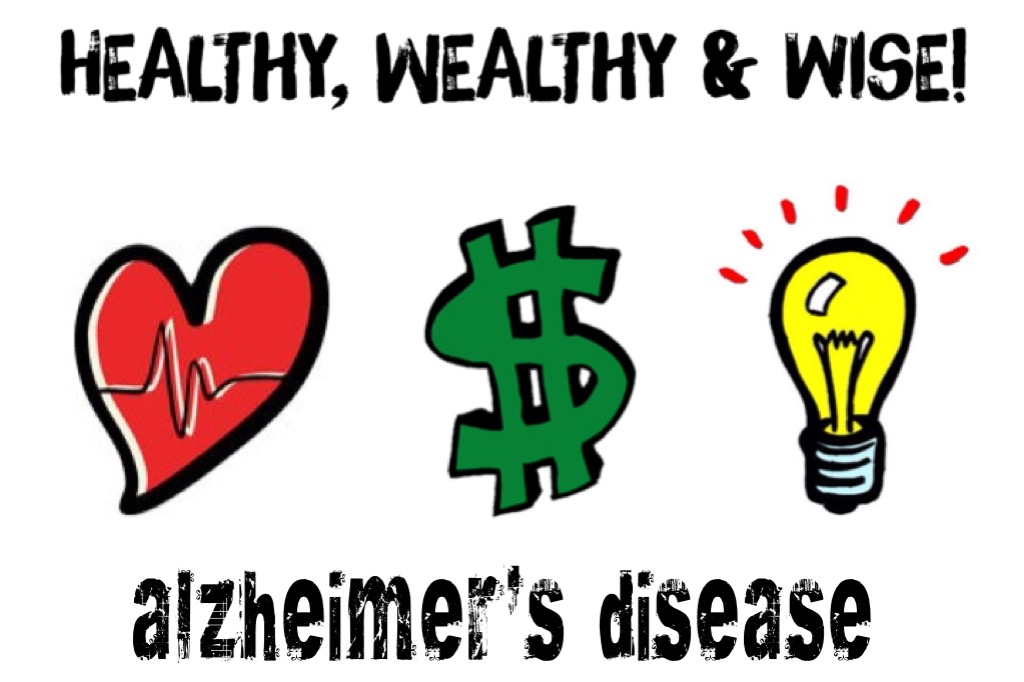
When the movie “Still Alice” came out last year to rave reviews from the movie critics, as well as many of our friends and neighbors, (Julianne Moore even won an Oscar for her role as the starring character) my husband and I agreed at the time that neither one of us wanted go see it since the wounds were still quite raw from watching both our mother’s decline in their mental capabilities during the later years of their lives.
An Airplane Reckoning!
It is amazing to me what being restricted to the dimly lit cocoon of an airplane with a long overnight flight ahead does to your sensibilities when you can’t seem to fall asleep–for me, it ended up being a blessing! After drinks and peanuts, I settled into my neck pillow with a good book, but after a while, I was still wide awake, so I scanned the movie list for free viewing by the airline. Other than a few sci-fi thrillers and corny comedies, “Still Alice” a story about an elite college professor, who is diagnosed with Alzheimer’s disease at a relatively young age, was the only title that seemed appealing. So with my husband snoring softly beside me…I pushed play.
Alzheimer’s Disease!
In simple terms, Alzheimer’s disease is a neurological disorder that gradually destroys the neurons leading to the brain, causing memory loss and cognitive decline. My mother was diagnosed with a related malady called Parkinson’s disease related dementia, where the nerve pathways to the brain and the other major organs become frayed and all bodily functions are eventually profoundly compromised.

“In examining the disease, we gain wisdom about anatomy, physiology and biology. In examining the person with the disease, we gain wisdom about life!” Author of “Still Alice” Lisa Genova on Alzheimer’s disease
I think one of the main reasons I was so reluctant initially to see “Still Alice” was because I was afraid of the feelings that might resurface of a very painful time in my life. By watching the movie, however, I was able to finally fully comprehend that the care I gave my mother, not only helped her maintain her dignity, I was also able to gain immeasurable insight into my own ability to do hard things, love unconditionally and find ways to cope when things aren’t going the way I want them to go! When my mom first received her diagnosis, I became engrossed in researching the symptoms of her disease and any possible treatments available; it was crucial for her wellbeing to be knowledgeable and ask questions so that the doctors who cared for her would be sincere and forthright in addressing any concerns. My parents spent a lot of time and money after my mom’s diagnosis to try and ensure the best possible outcome for her, but they knew that ultimately the disease was sure to progress.
My Care Journey!
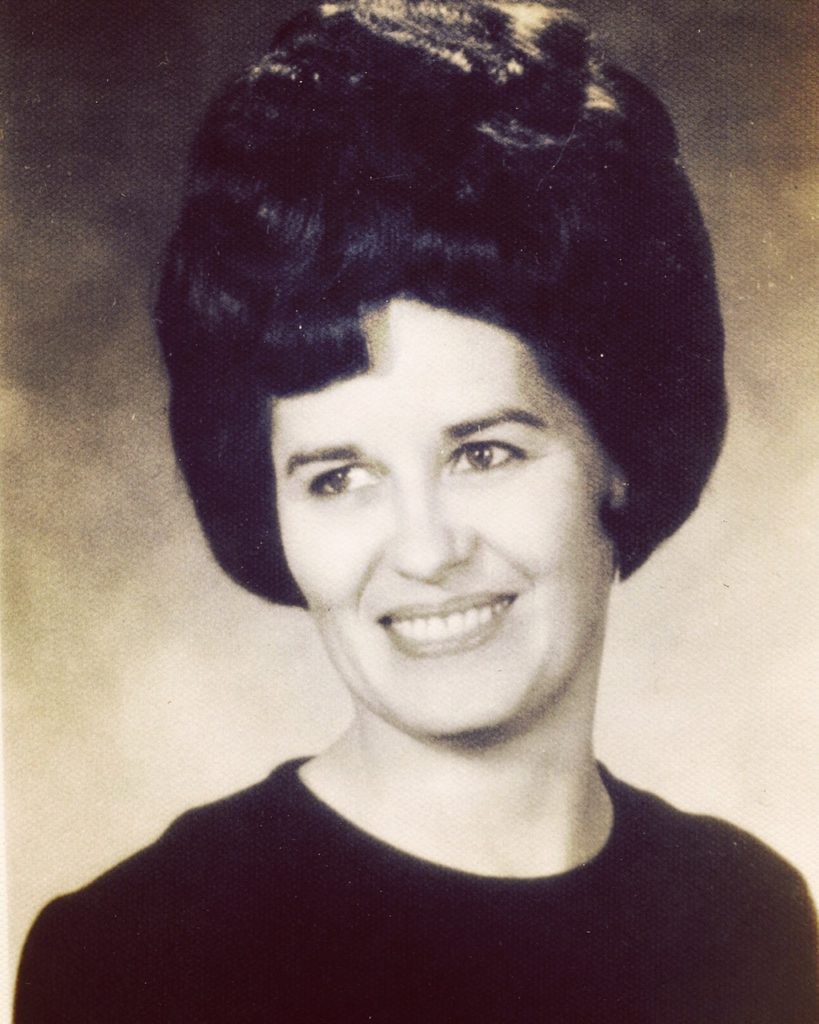
“My yesterdays are disappearing, and my tomorrows are uncertain, but I still live for each day. I live in the moment…I have to!” Lisa Genova, “Still Alice”
• Don’t define your loved one by their disease!
One of the first lessons I was taught in nursing school was that no matter the diagnosis, everybody is deserving of being treated with great consideration and care. It’s easy to get so wrapped up in the daily routine of looking after someone’s physical needs that you forget to really look into their eyes and see them for the lovely, gracious people they are! No matter how much my mom’s condition continued to deteriorate, I tried to never lose sight of the fact that she was an amazing woman who had devoted so many years of her life to caring for our family! By maintaining this perspective, I was able to get through some really tough times!
• Outline care plan goals as soon as possible!
Once my parents had received recommendations from doctors involved in my mother’s care, we immediately sat down as a family to consider the long term goals to be made while my mom was still able to have a voice as to the direction her care should go. My experience is that you should also include legal counsel in these planning sessions as well, that way you can safeguard against dissenting opinions from others later on down the road. Doing this not only empowers the person with the disease, it helps to unify everyone else involved so that they can make a more concerted effort to honor the wishes of their loved one!
• Helping your loved one maintain a sense of independence is key!
Loved ones given the diagnosis of Alzheimer’s or dementia seem to have the odds stacked against them in countless aspects of their lives, so being able to care for themselves as much as possible, even when many tasks take much longer to do, is key to their overall wellbeing and serves to thwart the effects of the illness almost as much as any medication that’s given. I found that this was not a good time to try new hobbies, instead, keeping a good routine and doing familiar activities with my mom that she had enjoyed prior to her diagnosis, such as gardening and scrapbooking, helped her thrive the most, despite her illness! Even when the time came that my mother could do only a few things for herself, she seemed to always take pride in doing those few things!
(Be sure to check alz.org for more helpful information on Alzheimer’s disease and dementia.)
I count my blessings that I was able to help care for my mother when the harsh symptoms of Parkinson’s disease ravaged both her mind and body! Although, I caught glimpses of my sweet mom every now and then, most often, she was a shadow of her former self and we both had to adapt to a new normal every day.
“Courage is grace…under pressure.” Ernest Hemingway
My mom once told me that it might seem more courageous if she had cancer “…it seems you can put your finger on that diagnosis…this disease is so elusive!” My mother was the epitome of both courage and grace!
Have you cared for or are you currently caring for someone with Alzheimer’s disease or dementia? I’d love for you to share your thoughts.
–Mary

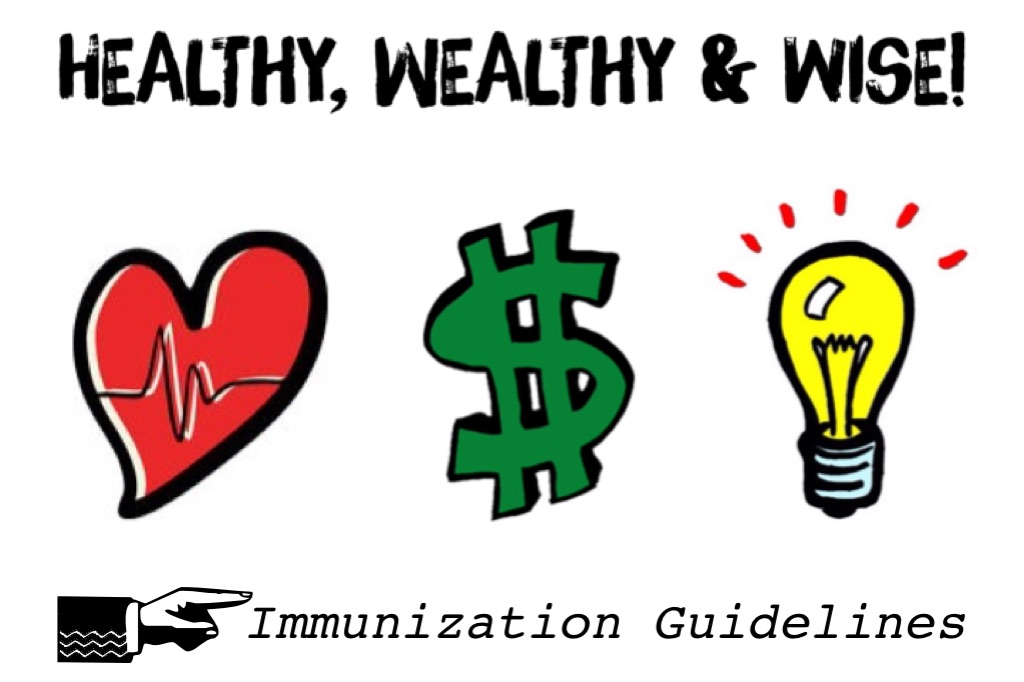
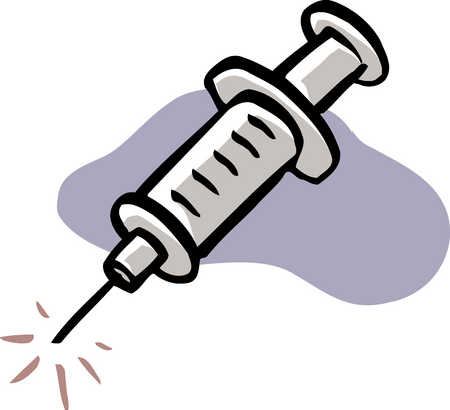
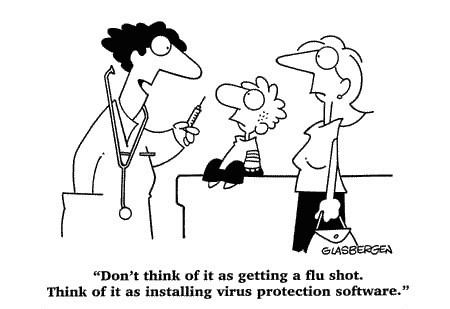
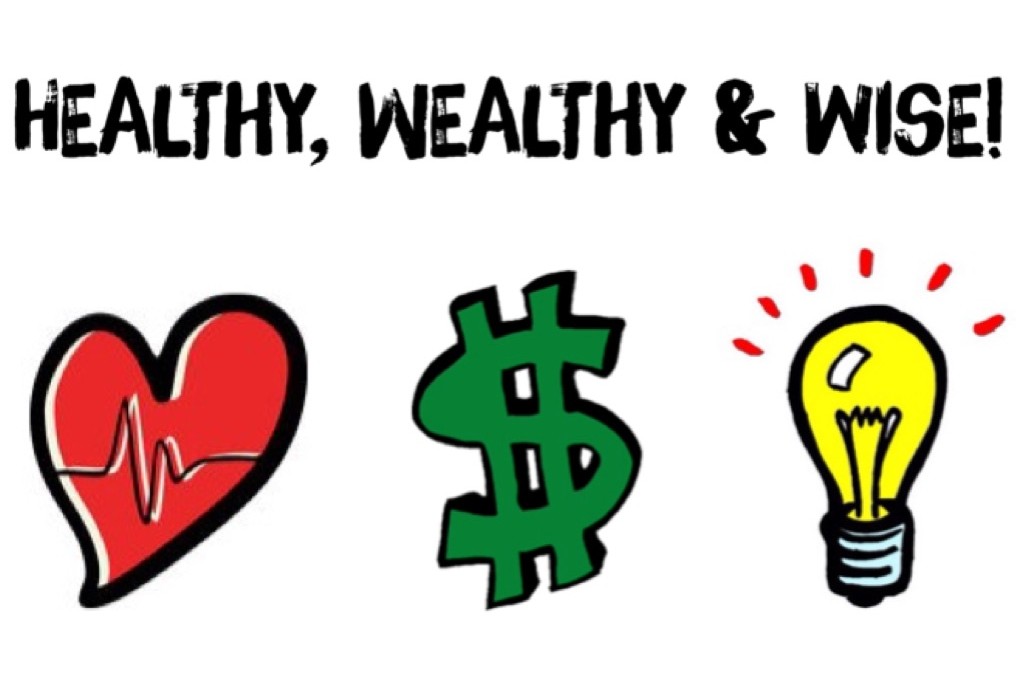
 Most doctors will tell you that your cholesterol level is a key factor that often determines your overall health and wellbeing-that is why it’s one of the lab tests done when you go for a physical evaluation!
Most doctors will tell you that your cholesterol level is a key factor that often determines your overall health and wellbeing-that is why it’s one of the lab tests done when you go for a physical evaluation!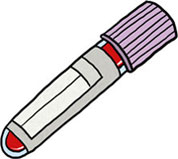
 My parents lived in an era where you saved to buy what you needed, but this philosophy especially held true when you looked to purchase those things that you merely wanted! Now days it seems that more and more our society tends to live the instant gratification lifestyle of: “Buy now and pay later!”
My parents lived in an era where you saved to buy what you needed, but this philosophy especially held true when you looked to purchase those things that you merely wanted! Now days it seems that more and more our society tends to live the instant gratification lifestyle of: “Buy now and pay later!”
 I know that many of you have heard of the serenity prayer, (also the anthem for Alcoholic Anonymous) scribed by the American theologist, Reinhold Neibuhr.
I know that many of you have heard of the serenity prayer, (also the anthem for Alcoholic Anonymous) scribed by the American theologist, Reinhold Neibuhr.